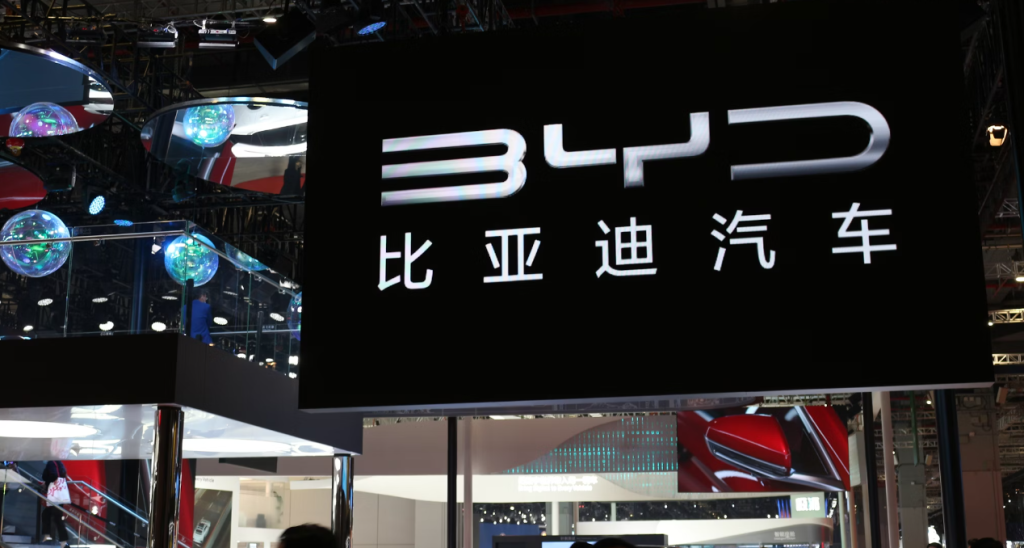Chinese EV giant BYD is set for an aggressive expansion in the Association of Southeast Asian Nations (ASEAN) region, with a particular focus on Singapore and the Philippines. The company, having recently entered the Indonesian market, plans to double its sales outlets in Singapore and the Philippines in 2024.
James Ng, BYD’s Managing Director for Singapore and the Philippines, highlighted the company’s strategy to establish a stronger presence in the ASEAN market. The cultural alignment between the ASEAN market and China has played a crucial role, with consumer behavior in the region reflecting recognition of BYD’s products.
BYD unveiled a new compact electric SUV, Yuan Up, poised for mass market appeal. BYD’s recent launch of three passenger models in Indonesia marked a significant milestone in its ASEAN journey. The company has formed local partnerships to facilitate the sale of its EVs, collaborating with Sime Darby Motors in Singapore and the Philippine conglomerate Ayala. In the Philippines, BYD aims to expand its network by adding more than 20 sales points, while in Singapore, plans include opening two or three additional outlets.

BYD has been leveraging its success in Singapore, where it registered over 1,400 cars in 2023, making it the top EV brand in the country, surpassing even Tesla. Singapore’s EV market has seen substantial growth, with over 18% of new cars registered in 2023 being electric, a significant increase from the 2021 levels.
To support the growing demand for skilled technicians in Singapore, BYD has collaborated with NTUC LearningHub to launch a facility for EV mechanic training. The goal is to train 500 people annually in EV maintenance, aligning with BYD’s commitment to the region.
BYD’s Managing Director, James Ng, emphasized the company’s dedication to learning from its successes in Singapore and applying best practices for localization when expanding in the Philippines. With plans to open more than a dozen passenger car sales outlets in Singapore and the Philippines in 2024, BYD aims to strengthen its market position and contribute to the booming EV landscape in ASEAN.
Related:
- Scorpio Electric’s Strategic Expansion in Southeast Asia with BYD’s Support
- BYD unveils new compact electric SUV, Yuan Up, poised for mass market appeal
- Tesla rolls out advanced Hardware upgrade for Model Y in China
(via)






